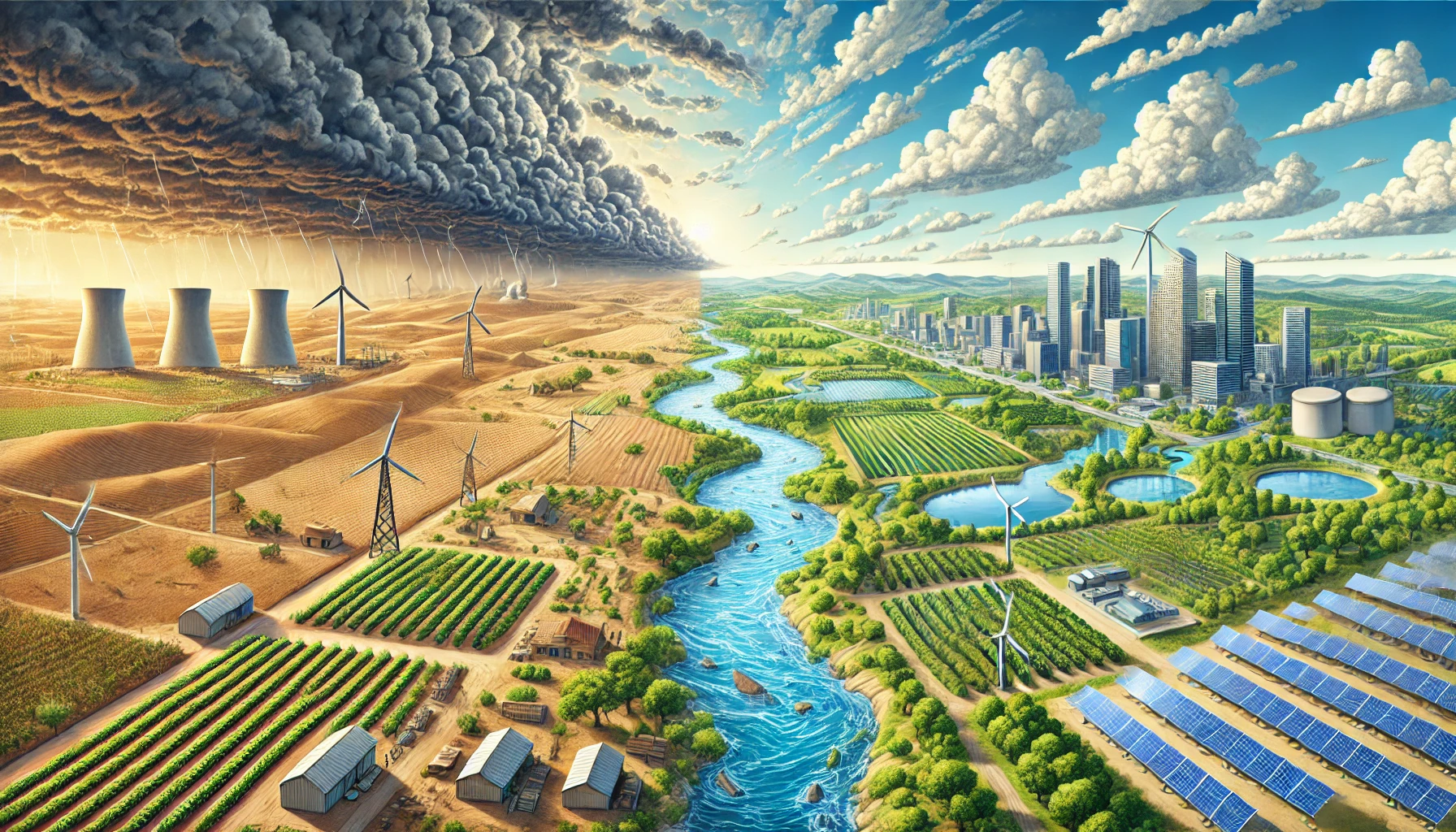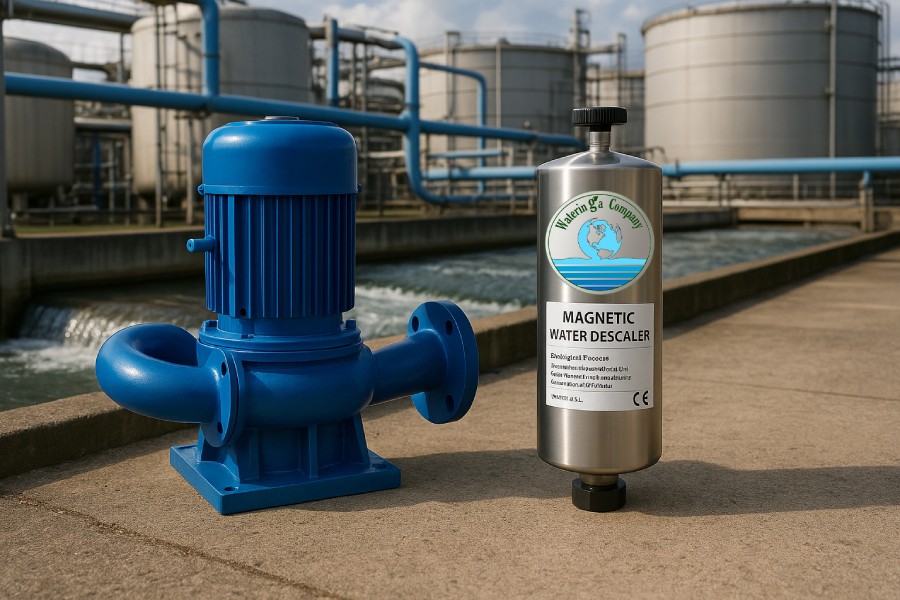Irrigation practices are transforming at a rapid pace due to the increasing threat posed by climate change, urbanization, and increasing global demand for food production. Across the world, different regions are adopting new technologies and sustainable practices to facilitate efficient and sustainable water use. Technologies such as AI-controlled irrigation, desalination, and smart water management systems are transforming agriculture, landscaping, and urban water usage. As more serious are the consequences of water scarcity, dependency upon these technical developments is critical. Trends in irrigation from around the world and what they portend for the future of sustainable watering will be topics of discussion for this blog.
1. Climate-Responsive Irrigation: Adapting to Changing Weather Patterns
Extreme weather conditions such as prolonged droughts, unpredictable rainfall, and rising temperatures are forcing the agricultural sector to rethink traditional irrigation methods. Climate-responsive irrigation systems use AI-driven weather data analysis to modify watering schedules based on real-time environmental factors. The systems track humidity, temperature, wind speed, and soil moisture levels to determine the exact amount of water required for maximum plant growth. In dry regions, these enhanced irrigation practices conserve water for farmers by not over-irrigating but giving the crops sufficient water.
2. Desalination and Alternative Water Sources
Freshwater scarcity is a serious issue, particularly in arid regions where water is not readily available. The majority of countries are investing in desalination technology to convert seawater into productive freshwater for farming. While desalination was once an expensive and energy-intensive process, new technologies have made it affordable. Advanced desalination plants use clean energy sources such as solar and wind power to make it more affordable and less destructive. Besides desalination, alternative water sources like treated wastewater and rainwater harvesting are being sought as sustainable options.
3. AI-Driven Precision Agriculture: Maximizing Water Efficiency
Artificial intelligence is revolutionizing precision farming by making it possible for farmers to get real-time information regarding soil health, crop status, and watering requirements. AI-driven irrigation systems learn vast amounts of data from satellite images, drone-based aerial photography, and field sensors to calculate the optimal amount of water required for different patches of a farm. This will enable plants to get the right amount of nutrients while conserving water. One of the main advantages of AI-irrigation is its ability to detect early signs of drought stress in plants.
4. Sustainable Urban Watering Solutions: Green Cities for the Future
City populations are relying more and more on smart irrigation systems to save foliage while limiting pressure on urban water supplies. Rooftop spaces, parks, and gardens are being equipped with automated watering systems that have included soil moisture sensors to improve efficiency in watering. The systems utilize data analysis to adjust the schedules for watering based on patterns in the weather to avoid unnecessary wastage of water. Green infrastructure such as rooftop farms and vertical gardens are also gaining popularity as cities look for ways to grow more sustainably.
5. Policy and Global Initiatives for Water Conservation
Governments as well as transnational agencies are implementing policies and strategies to stimulate sustainable watering of the world. Policies include watering restrictions for farmers, subsidies on farms for agriculturalists who practice water-efficient irrigations, as well as incentives for industries which reduce their utilization of water. The United Nations has launched various programs, such as the Sustainable Development Goals (SDGs), which emphasize the responsible use of water as a key driver for global development. Various nations have also signed agreements to share water resources fairly and prevent water conflicts.
Conclusion
The future of irrigation is being shaped by a combination of advanced technology, sustainable practices, and global cooperation. While climate change and water shortages test communities worldwide, innovative technologies such as AI-driven irrigation, desalination, and urban water systems are becoming increasingly important. The innovations not only increase efficiency but also ensure that water resources are used responsibly. Trust in such technologies is key for global adoption. Farmers, city planners, and companies must trust data-informed information and smart irrigation systems in order to achieve optimal use of water.




